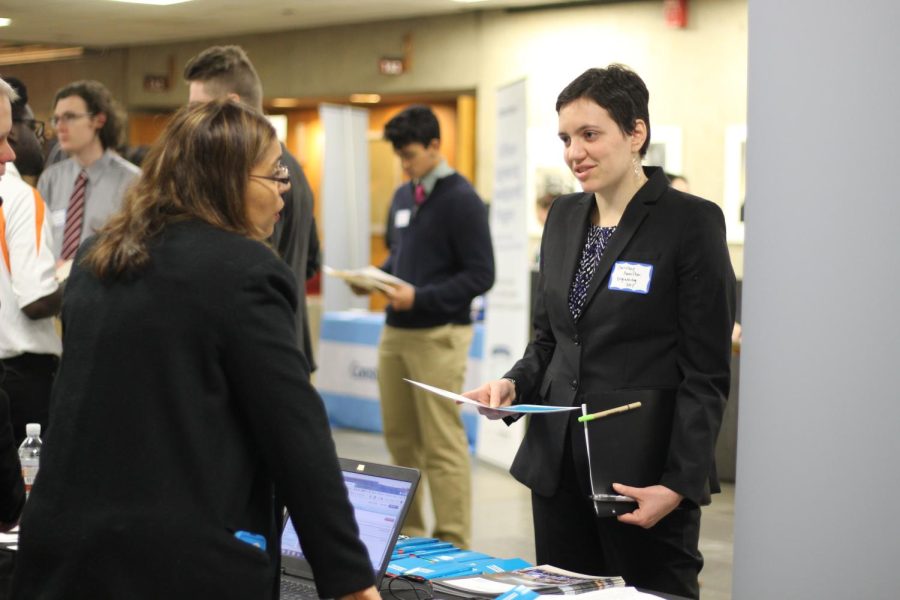My roommate and I have learned a lot from each other because of our differences. We quite literally come from opposite sides of the world—he’s an international student from Myanmar, and I’m from Chicago. We enjoy talking about the parallels and divergences between our respective cultures and backgrounds.
Unfortunately, what you’ve heard about Myanmar in recent months is likely news of the increasing political and economic turmoil within its borders. While the previous government was already making headlines for its brutal treatment of the Rohingya ethnic minority, in early 2020 the Burmese military toppled the small vestige of democracy present in the country (the military already had a large proportion of seats allocated to it by law in the national parliament) as well as Prime Minister Au Sang Suu Kyi. Ever since then, the junta has grown increasingly repressive and Myanmar has increasingly isolated itself from the rest of the world. My roommate has told me of a family friend summarily assassinated because of debts that the government owed to him, as well as the recent introduction of power cuts for several hours every day. Even if he did want to visit home for summer break, it would be unlikely that he would be able to come back to the United States in the foreseeable future.
Understandably, my roommate decided to look for summer internship opportunities in America. As an extremely dedicated student and talented engineer, he should’ve had no problem securing a position at a firm that values his contributions and gives him a meaningful opportunity to learn relevant skills and familiarize himself with the industry. There’s just one problem, though: as a foreign national, he’s ineligible for many of the internships he’s had his eye on.
As trade protectionism comes from understandable origins, so does internship protectionism. “Buy American, hire American!” exhorts a popular slogan. Even if the slogan refers more to the offshoring of blue-collar manufacturing jobs more than anything else, it’s still a pervasive sentiment in American society- not like it isn’t present in other countries, of course. The tendency to “protect our own” is a cultural and psychological constant across humanity.
Just because protectionism is a natural feeling doesn’t mean it’s justified. The traumas endured by the Rust Belt and other areas suffering from deindustrialization and offshoring are real, but they must be seen in context with the other costs, and significant benefits of globalization. Even then, there’s far less justification for domestic internship protectionism than protecting domestic jobs from offshoring.
International students already in the United States will be motivated to contribute their talents domestically in the years to come, rather than moving back to their home countries and taking their education with them, which benefits both the student and American citizens. Additionally, as is especially relevant in my roommate’s case, there is a humanitarian aspect to providing these opportunities to international students who have come from poor or unstable environments. While it is not the obligation of American internship providers to accommodate these students, it is the right choice, both economically and ethically.
While my roommate will probably find a satisfactory internship after a great deal of searching, his application process has been far more difficult and restrictive than it should have been. His difficulties shouldn’t have to be experienced by anyone.
Dylan Partner can be reached at [email protected].



















